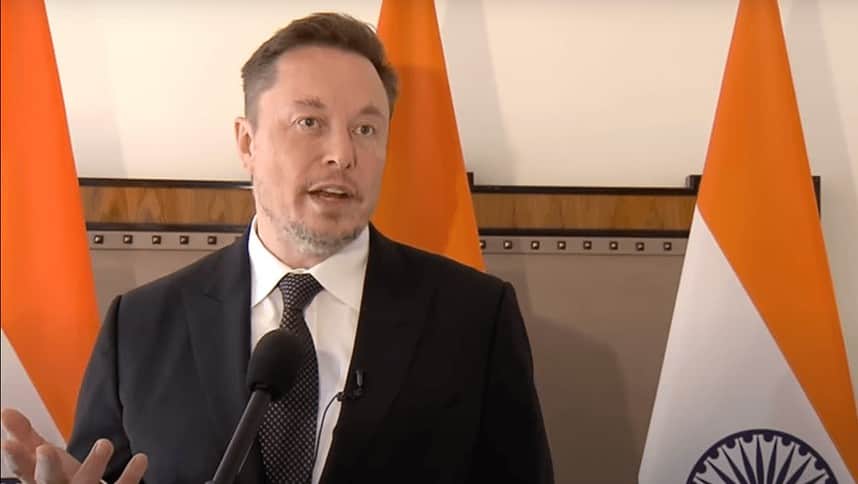Electric vehicle pioneer Tesla still has the chance to enjoy lowered import taxes in India if the government successfully finalizes its new policy proposal to attract foreign investments, The Economic Times reports, citing people familiar with the matter.
Report highlights
Indian government officials are reportedly close to finalizing a policy to extend concessional import taxes on electric vehicles above Rs 30 lakh (about $36,000) for two to three years.
The Indian government may offer reduced import duties to Tesla in exchange for a proposed investment to construct an electric vehicle factory in the country instead of bank guarantees.
“The government is looking at reducing import duties temporarily, based on bank guarantees. The quantum of the bank guarantee has not been determined (yet), but the thought is that this will help ensure that companies make timely investments and set up local factories.”
One of the sources
The plan to impose a new import tax policy is part of the Indian government’s strategy to incentivize foreign electric automakers.
For instance, previous reports claim Tesla intended to invest around $2 billion to build Giga India and another $15 billion to source auto parts from local suppliers.
India’s current import tax rates
India currently imposes a 60% import tax on vehicles priced below $40,000 (about Rs 33 lakh). It further increases to a 100% rate for vehicles surpassing the $40,000 price cap.
Therefore, a new policy lowering these import tax rates will undoubtedly play a significant role in encouraging foreign investors to enter the Indian market.
However, India has yet to finalize the new import tax policy as it strives to ensure a perfect balance between boosting foreign investments and retaining a fair playing field for local brands.
Tesla’s condition
Tesla has been expressing its strong interest in the Indian market. However, the high import taxes impede the American EV giant from bringing its offerings to the country.
The Indian government urged Tesla to establish local production first before granting it tax incentives. However, Tesla did not budge as it aimed to first test the demand with imports before building a new gigafactory.
These lapses hindered Tesla’s long-standing plans to penetrate the Indian electric vehicle industry, which has been showing progressive growth in the past few years.
Finally, the latest developments in the new policy formulation may meet Tesla’s conditions. However, it may disappoint several local automakers. For instance, Tata Motors recently discouraged the government from its plans to offer lower import taxes on foreign automakers amid Tesla’s ongoing negotiations with Indian officials.

